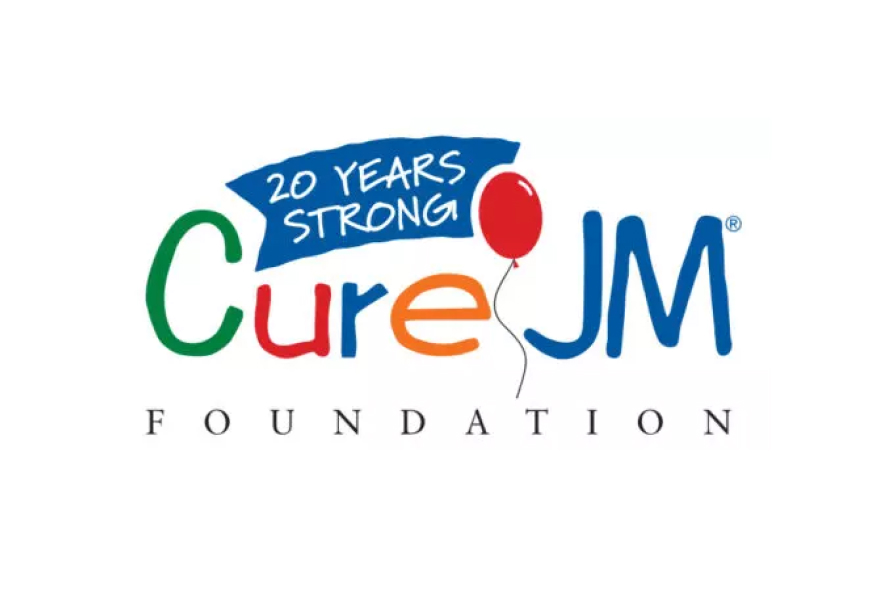Cure JM Foundation
Patient-Partnered Collaboration
Juvenile myositis involves a run-away immune response where the body’s immune system attacks its own cells and tissues. With proper treatment and care, children can go on to live their best lives.
Last updated 04/30/2025
Clinical
Disease Class
Immunological diseases
Body Systems
Hematopoietic / Lymphatic / Immune
Muscular / Skeletal
Organs
Connective tissue / joints
Lungs
Muscles
Skin
Known Genetic Link
Yes, genetic factors contribute to the risk or severity of the condition
causative_genes
None specified / unknown
contributory_genes
None specified / unknown
Type of Inheritance
Not specified / unknown
Newborn Screening
No
Disease Mechanism(s)
Aberrant immune response
Autoimmune
Age of Onset
Adolescence (12-17)
Early childhood (age 1+-5)
Middle childhood (6-11)
Average Age at Diagnosis
Middle childhood (6-11)
Life Expectancy
Elderly (age 65+)
Affected Sex(es)
Female
Male
National Prevalence
1001-10000
Global Prevalence
10000+
National Incidence
Less than 10
Global Incidence
Less than 10
Populations and/or ancestry with higher prevalence
Females are affected more frequently than males (2-5:1 ratio)
Symptoms / Phenotypes
inflammation
muscle weakness
myositis
skin redness and/or swelling
Biomarkers
Diagnostic
· Myositis Specific Autoantibodies
Monitoring
· IFN signature genes
Prognostic
· Myositis Specific Autoantibodies
Existing Therapies
FDA-Approved for Symptom Relief
· Corticosteroids
Off-Label Drug Use
Organizational & Research
Cell Lines
None
Cell Lines, share
N/A
Disease Model
Mouse
Disease Model, Involvement
Funded
Disease Model, share
All our disease models are freely available
Clinical Trial Role
Focus group
Funding
Meeting with regulators
Recruitment and outreach, patients
Recruitment and outreach, trial sites/physicians
Results dissemination, publication
Biobank, Institution
Childhood Arthritis and Rheumatology Research Alliance (CARRA)
Duke University
Biobank, Involvement
Funded
Center of Excellence, Institution
Duke University
George Washington University
Seattle Children's Hospital
University of California San Francisco (UCSF)
Center of Excellence, Involvement
Funded
Registry
Yes, we have collaborated on a registry
Data Collected, Registry
Clinical data
Longitudinal natural history data
Medication usage
Patient contact info
Patient-reported data
Data Entered by, Registry
Clinicians
Platform, Registry
REDCap
Natural History Study
Yes, we have collaborated on a natural history study
Data Collected, Natural History Study
Patient-reported outcomes
Retrospective data
Platform, Natural History Study
REDCap
FDA Patient Listening Session
Yes
FDA Patient-Focused Drug Development (PFDD) Program
Yes
ICD Codes
Yes, we have an ICD-11 code specific to our exact disease
Diagnostic Guidelines
Yes, we have guidance available on our website
Science Advisory Board Policies
Yes, willing to share SAB policies
Research Network Policies
Has CRN and willing to share policies
Research Roadmap
Yes we have a Research Roadmap, and will share policies
International Chapters
None
International Partners
Europe
North America
